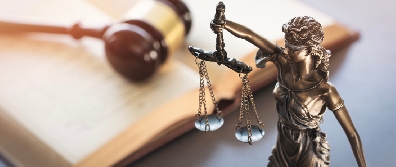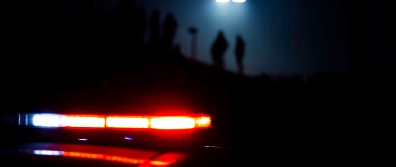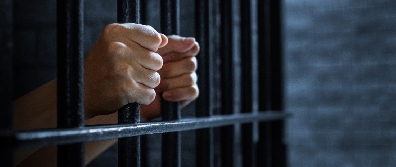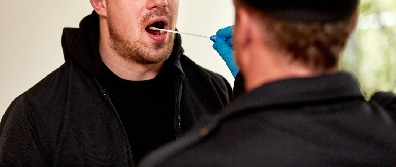The Difference in Safety Standards Between Public Schools and Private Schools
Children spend more time at school than just about anywhere else besides home and when our kids go to school we expect them to come home in one piece. School safety is always a serious concern for all parents. We should expect that the buildings are clean, that the food and water are safe, that the people that work there are caring, and that there are standards in place that will keep kids from getting injured. It may be surprising to some parents then that certain schools have different safety standards than others and this may change the standard of liability if your child is injured.
When children are injured at school often times it is because of the negligence of the school itself. If the school is not careful in maintaining their premises and repairing defects, children can get seriously injured. You would expect that schools in Florida must all abide by building codes and regulations but it turns out that private schools are not required to follow the same building requirements that public schools do.
Public School Safety Standards
Public schools are held to fairly stringent standards. Just to build a school requires a laundry list of forms and certifications including a Life Cycle Cost Analysis, Report of Cost of Construction, DOE Project Disbursement Report, Building Permit Application, Annual Facility Maintenance Permit, Certificate of Occupancy, Project Implementation Information and Certificate of Final Inspection.
Public schools also have to abide by the Occupational Safety and Health Administration, Department of Labor Standards which include provisions regarding guarding floor and wall openings and holes, exit routes, emergency planning, fire prevention, safety color codes for marking physical hazards, and specifications for accident prevention signs.
Public schools must also conform to Florida Chapter 553, Building Construction Standards of the Florida code. These standards include rules for inspecting 75 percent of all components and modules, including electrical, plumbing, structural, mechanical, or thermal modules during construction. It also includes statutes regarding things such as accessibility accommodations for handicapped persons.
How are Safety Standards Different for Private Schools?
Private schools and charter schools on the other hand do not have to abide by any of these rules or standards. In fact, it seems as though the only requirements are for the private schools to maintain proscribed sanitation standards. The sanitation standards do require that health hazards such as glass fragments and mudholes are eliminated from playgrounds. Hazards such as broken floor tiles, loose moldings, loose pipes and wires should be removed. Fences and equipment should also be free of projections or sharp edges.
There is not much more required of private and charter schools than that. This makes it more difficult to hold private schools accountable for injuring students through negligence because private schools can claim they followed the minimum safety standards required of them and those safety standards may not cover injuries caused by certain acts or omissions. For instance, the most common premises liability case is a slip and fall on a slippery surface. Since there is no explicit requirement that a private school fix a slippery floor, if a student is injured the school can argue that they did exactly what was required of them and are therefore not liable for the damages.
Potential Changes to the Law
Some lawmakers in the state are concerned enough about the disparity in standards that they have introduced legislation that if passed would create a “Students’ Bill of Rights” and would require school facilities to comply with the same building codes and state requirements for educational facilities as public schools.
It is unclear how much support that bill has so the only way injured students can hold private schools accountable for negligence related injuries is through private lawsuits. Regardless of the requirements of the state of Florida, all institutions owe duties to the people that use their premises. When businesses and schools breach their duty they should be made to pay for the damage they have caused.














Comments